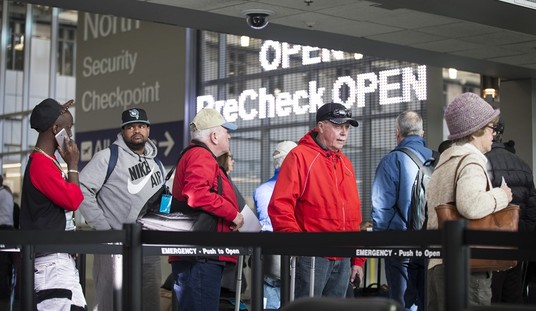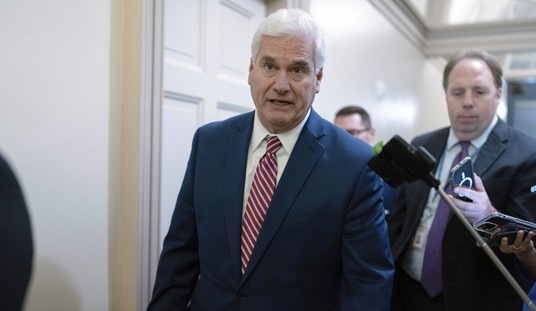=========
=========
Promoted from the diaries by streiff. Promotion does not imply endorsement.
=========
=========

Crown Prince Mohammed bin Salman (MBS) appears to be upset with Germany and relations between the two countries are strained. This could not come at a worse time for Germany who sees its businesses petitioning the government in Berlin and the EU to tone down a potential trade war with the United States, dealing with Brexit, a populist government in Italy, and a power play in Europe between Germany and France. Add to that the migrant crisis facing Berlin and Saudi Arabia becomes another thorn in the side of Germany.
The problem seems to stem to November, 2017 when former German Foreign Minister Sigmar Gabriel spoke of “political adventurism” in the Middle East. Saudi Arabia took this comment as an insult. At the time, in some quarters of Europe, Saudi Arabia was being accused of holding Lebanese Prime Minister Saad Hariri against his will in Riyadh in the hopes of forcing him to resign. This perceived affront to Saudi Arabia was then followed by the announcement that Germany would not sell arms to any country involved in fighting in Yemen. Saudi Arabia is heavily involved in fighting rebels in neighboring Yemen.
The final straw may have been Trump’s decision to withdraw from the Iran Nuclear Accords. Saudi Arabia had been a vocal opponent of those accords given the animosity between Tehran and Riyadh throughout the Middle East. They are fighting proxy wars against one another in both Yemen and Syria. The Jerusalem Post has reported that the main sticking point at this time is Germany’s decision to forge on in the nuclear accords without the United States.
MBS is very attune to German politics and, some say, fond of Germany, but not their government. There are many people within the German population- especially the center-left- who have been highly critical of Saudi Arabia. They still hold positions of power within the Foreign Ministry of Germany. Hence, MBS feels animosity from the government of Germany and, in fact, is the only major economic power in the world that he has not yet visited.
For Germany, the strain in relations could not have come at a worse time from a business standpoint. Under MBS’ Vision 2030 economic plan, he hopes to transform Saudi Arabia socially and economically. A large portion of the plan involves foreign private investment in the country. Currently, a system of brokerage is in effect where if anyone wants anything done, then they have to pay brokers for access to the powers that be. MBS wants to end that system which is likely why he arrested many of those in the government opposed to his plans.
As a result, besides the chill in diplomatic relations, Saudi Arabia is keenly aware of Germany’s economic position. They import about $10.9 billion in goods from Germany annually while exporting less than $1 billion in goods to Germany. Recently, the Saudi Health Ministry has been cold towards major manufacturers of medical equipment (Siemens) and pharmaceutical companies (Bayer and others). Spokesmen for these companies say that business is now tougher. The Riyadh development authority had originally planned to contract with a German firm to construct a major bike path through the city. That contract has now been awarded to an American firm.
While there has been no official comment of a business boycott against German firms, others have said that MBS gave direct orders not to award any more contracts to German firms. Of particular interest to Germany are Deutsche Bank mandates in the kingdom that now appear threatened and they fear the Bank will be frozen out of what could be largest IPO in history- that of Aramco.
There have been spats with European countries in the past. In 2015, Saudi Arabia recalled their ambassador from Sweden. In the current spat with Germany, the ambassador has been recalled “for consultations,” but has yet to return to Berlin. Some have suggested that given the trade imbalance, Saudi Arabia will suffer the most. However, over 800 German companies do business in Saudi Arabia. Two hundred of them have offices in the kingdom and there are 40,000 Germans working in Saudi Arabia. For their part, Saudi Arabia can easily find other businesses throughout Europe, Asia, the United States and Canada with which to make up that $10.9 billion in German exports. In that case, Germany ends up the loser at a time they can ill-afford to be a loser if they hope to remain a power broker in Europe.
With the election of Donald Trump, Germany and Angela Merkel fancied themselves as stepping in to fill a world power vacuum created by the more “isolationist Trump.” However, they now must simultaneously deal with not only German politics and the rise of the AfD, but also a threatening Russia to the east, France which has it own designs on European influence to the west, the United States across the Atlantic and now a royally upset major Middle East power broker to the south. All the while, they are trying to keep the EU together and unified.
Germany is learning the hard way that individual countries have first their own self interests in mind. Their visions of being leaders of some new world order are being challenged at every turn. Perhaps it is time they turned their angst inwards and fix their own problems before they venture outside their borders to fix other problems.













Join the conversation as a VIP Member